At Dogwood, we are committed to diversity, equity and inclusion, and these values inform our purpose, our strategic priorities and our decisions. For us, equity exists when all people have unconstrained opportunities to live lives of dignity and wellbeing, regardless of place, race, health, wealth, age, identity or ability. As part of our commitment to equity, we seek to advance racial equity in all aspects of our organization, from our culture to our interactions with partners and our grantmaking decisions.
Black, indigenous and people of color (BIPOC) have played key roles in the history of Western North Carolina. Systems and policies that have benefited many in our society have simultaneously prevented BIPOC individuals and communities from sharing in the opportunity and prosperity that our region can provide.
These circumstances have pervaded every part of WNC life for centuries, and we can start to address them in ways that create permanent, positive change as part of our broader commitment to equity.
We embrace racial equity as a factor across all of our grantmaking and also designate funding specifically for communities of color in our efforts to help create more equitable systems. We support organizations that seek to build awareness of and find solutions that build a more racially just world through innovative ideas, compelling information, just practices and transformative work. Racial equity grants are made on a rolling basis, with approval times generally ranging from three to six months from application to award. The process begins with a conversation; start by clicking the button below.
Address:
890 Hendersonville Rd
Asheville, NC 28803
Mailing:
890 Hendersonville Rd
Asheville, NC 28803
Join our mailing list to receive updates on our latest news, funding opportunities, and more.
© 2024 Dogwood Health Trust. All rights reserved.

Support programs and networks that reduce deaths, treat addiction, and prevent first use

Help reduce disparities based on race, location, education and income factors

Invest in integrated heath care with seamless connections to supportive services

Support communities that promote healthy living and resiliency and help mitigate the impact of trauma, isolation and stress on individuals and families, especially those experiencing poverty

Support a well-funded, sustainable, competitive entrepreneur and small business ecosystem throughout the region
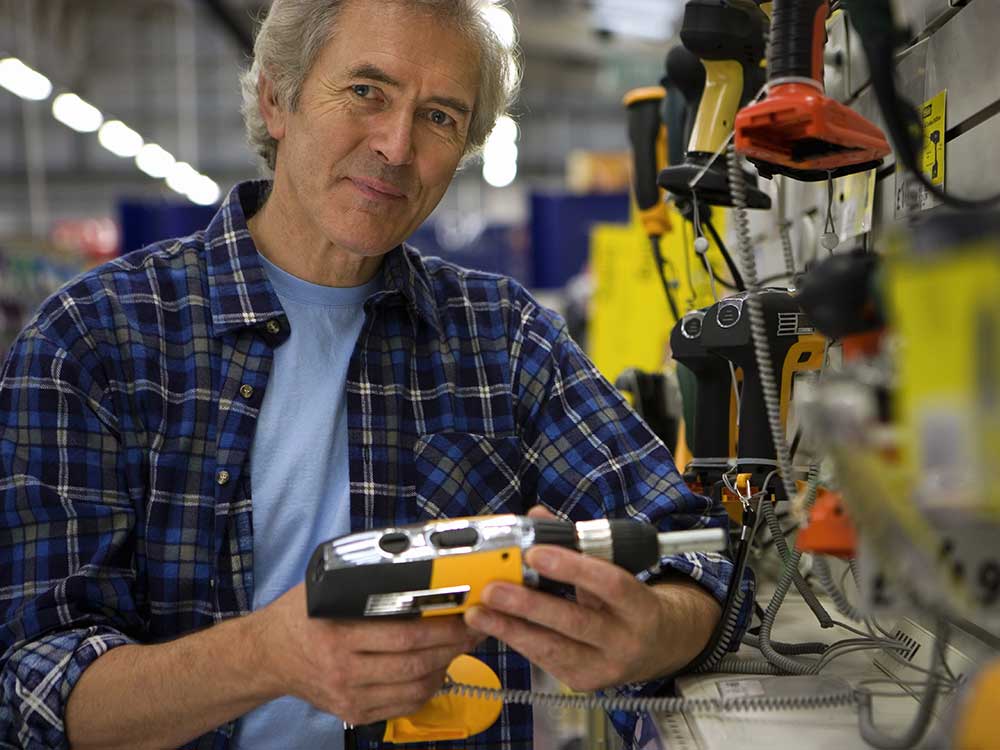
Help build a regional economic ecosystem that supports increased creation/retention of jobs and business ownership

Help build a skilled workforce with the knowledge and technical abilities to excel in a wide range of industry employment opportunities that provide a competitive, sustainable wage

Source, analyze and share a comprehensive, county-by-county data set that paints a full picture of work readiness, economic development and entrepreneurial needs and opportunities specific to Western North Carolina

Work in tandem with Economic Opportunity Strategic Priority to invest in career readiness at the community college and university levels

Support K-12 learning experiences with the resources and sustainability to provide an excellent academic and social-emotional education, so that all students graduate ready for college or career
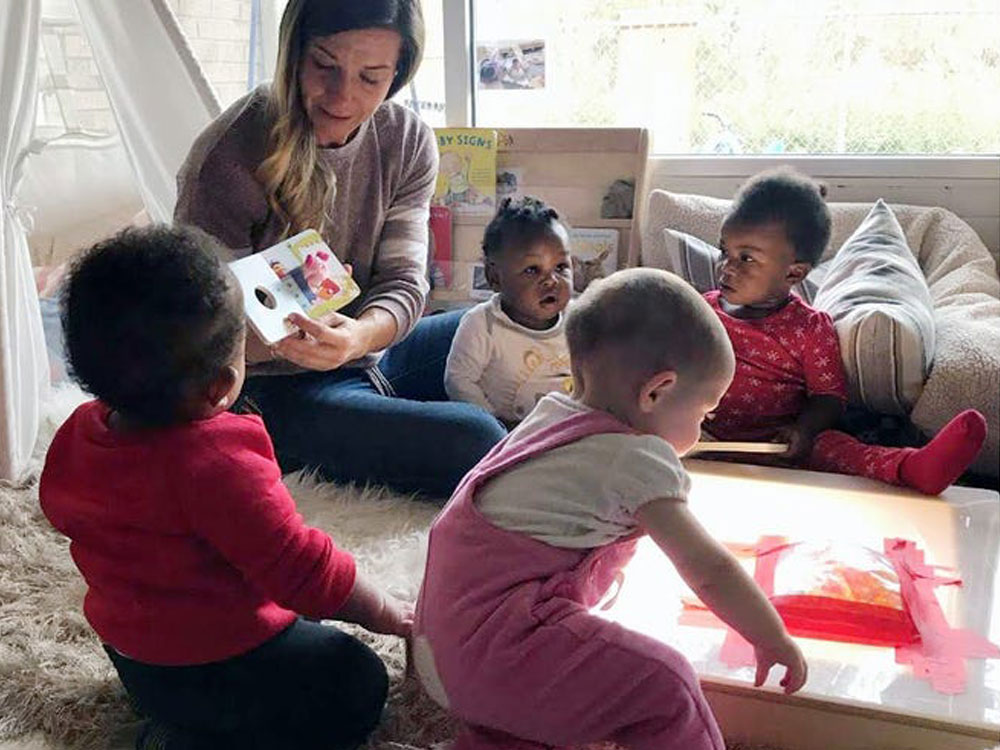
Invest in an improved early childhood education ecosystem with the resources and sustainability to provide developmentally appropriate, affordable and accessible education and care to support ages birth to five, so that all children in WNC enter kindergarten ready to learn

Source, analyze and share a comprehensive set of publicly available data that provides a regularly updated, county-by-county picture of access, workforce and student outcomes in early childhood education and K-12 education specific to Western North Carolina
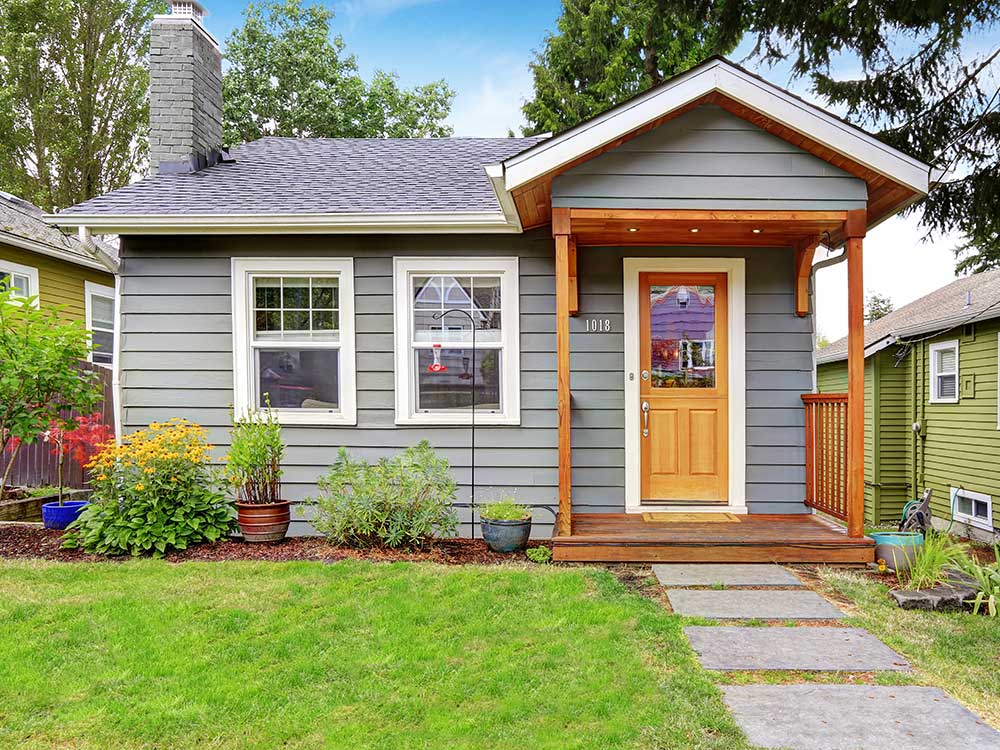
Loans, guarantees, and other financial tools to leverage funding opportunities
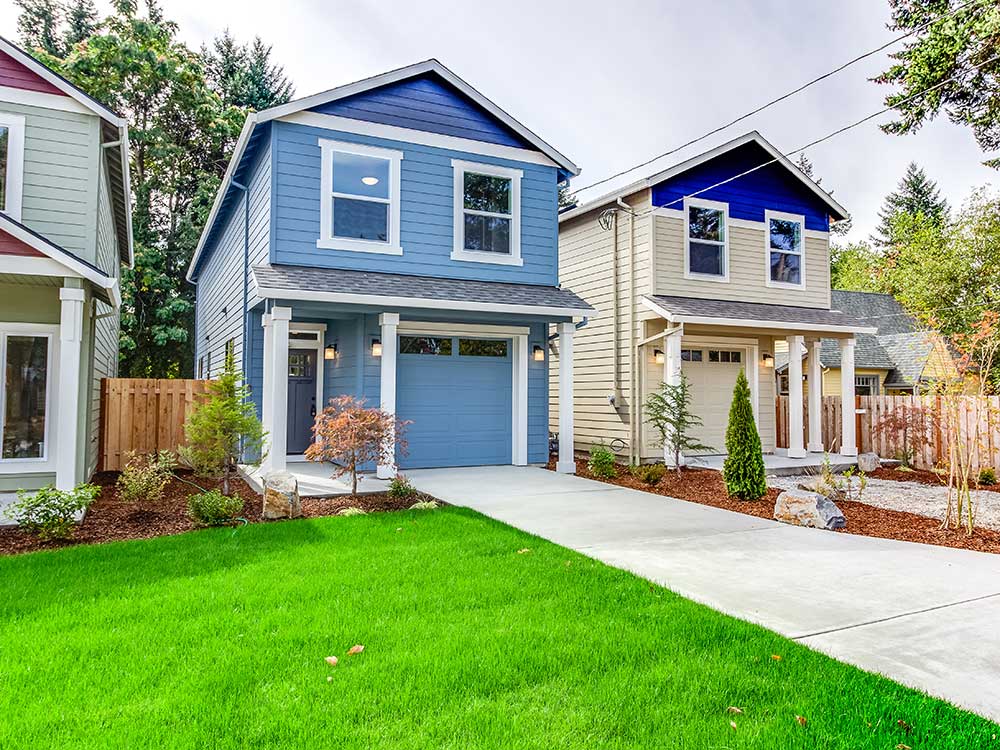
Increase affordable housing for lowest-income individuals and families
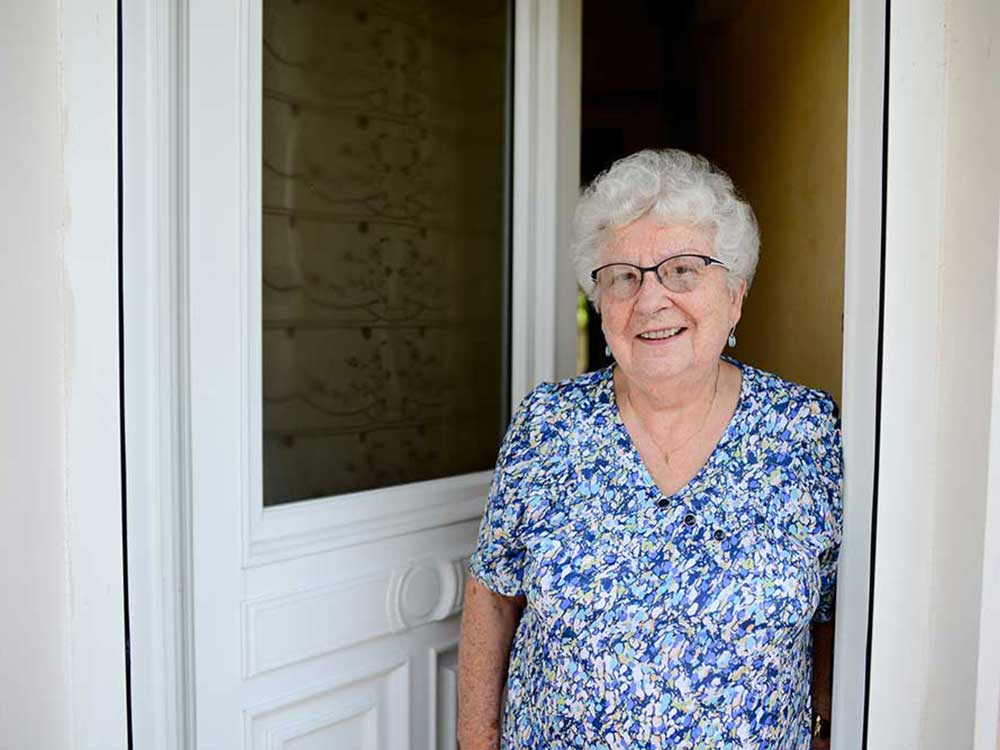
Support age-appropriate resources in affordable and workforce units, rental and owned
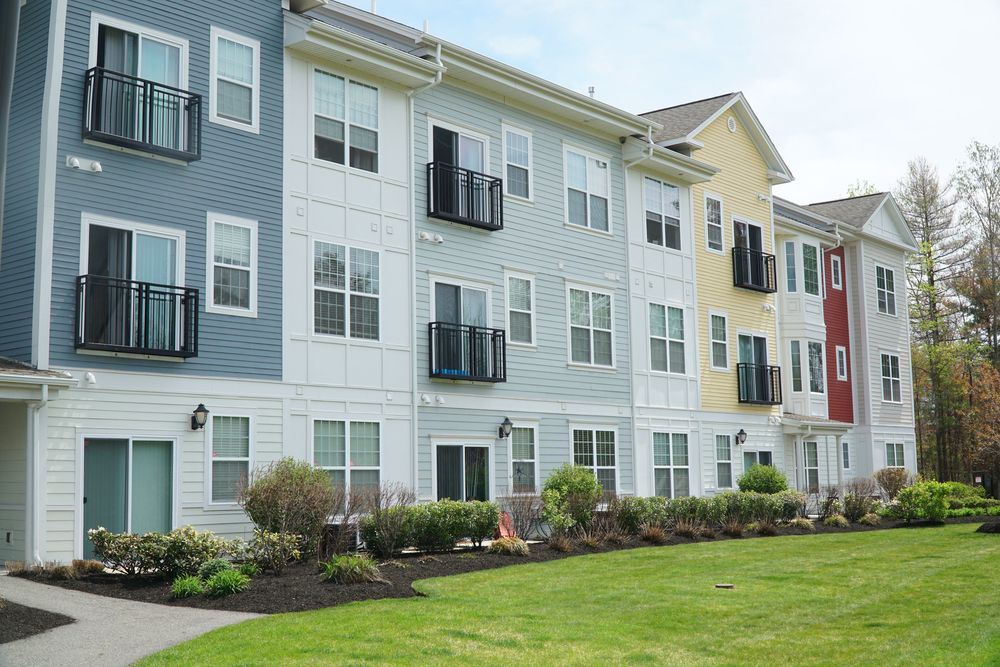
Invest in housing with sustainable supports for physical and mental health and wellbeing
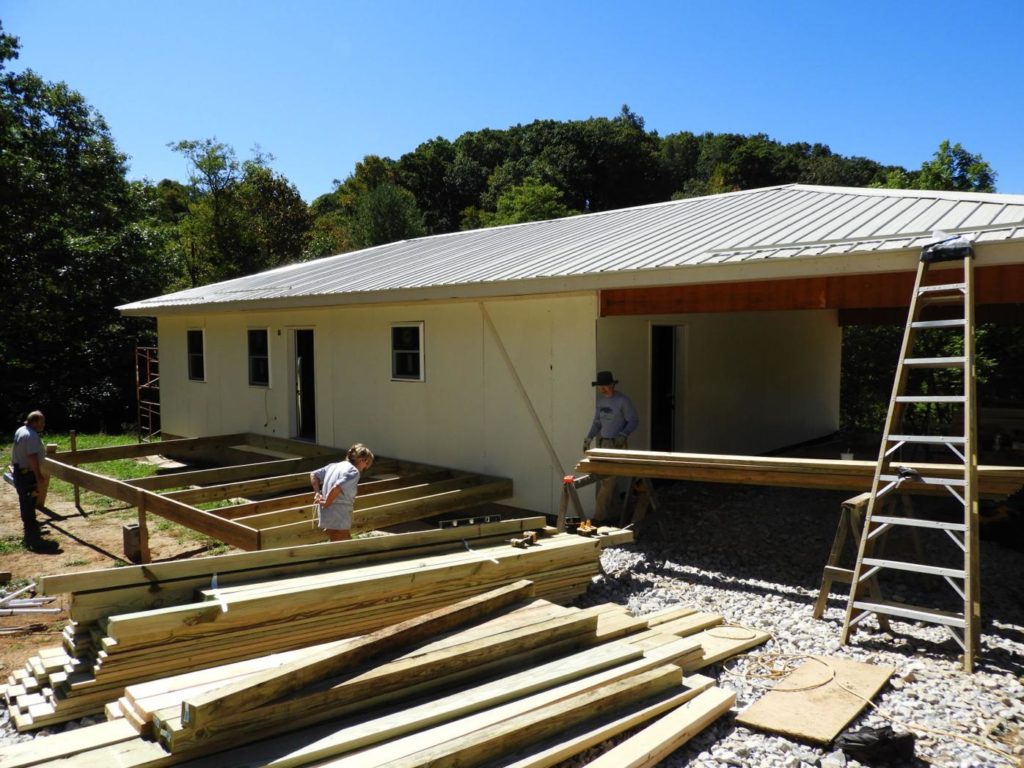
Support healthy and safe revitalizations that work against displacement and gentrification, preserve home ownership and create generational wealth.